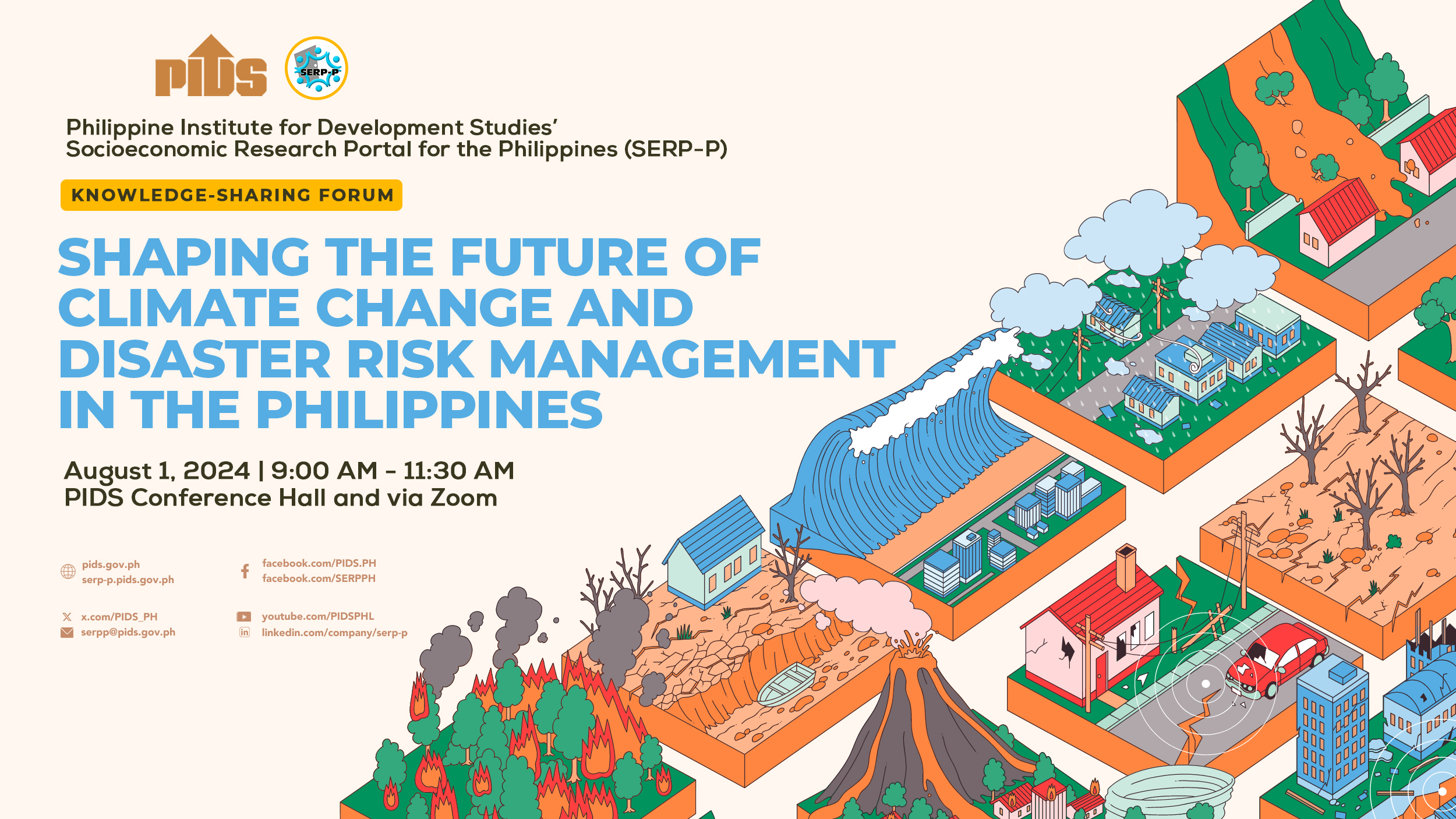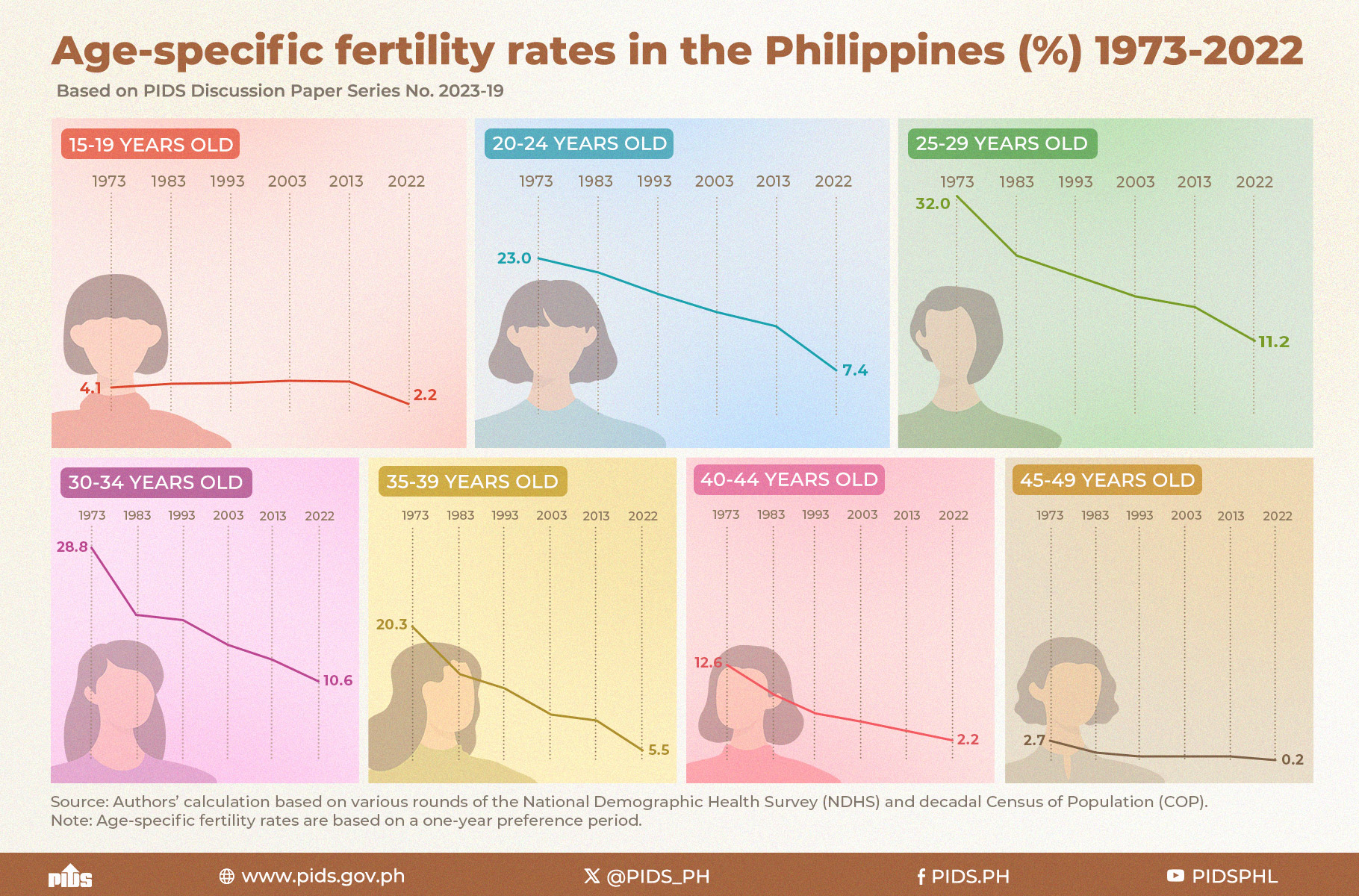MANILA -- Outside a sardine cannery in Manila's port district, a shanty serves as a makeshift headquarters for disgruntled employees who launched a strike in July.
"They have been treating us unfairly all these years!" Sonia Gabato, a 54-year-old worker at the cannery, said on Oct. 6. She and a colleague had just completed a handwritten testimony detailing allegations against their employer, which will be submitted to the Department of Labor and Employment.
Across town, in the capital's Bonifacio Global City business district, maintenance workers declared a hunger strike on Oct. 5 outside the posh condominium where they had toiled for years. "We will fight until the end," said 58-year-old Abdulatip Tambungalan.
Under President Rodrigo Duterte, who championed labor rights during his campaign, such protests are more frequent than they used to be. The strikes and looming legislation meant to address worker frustrations risk clouding the outlook for some businesses and are making international investors think twice.
In 2016, the year Duterte took office, the number of strikes shot up to 15. Not only was that three times the previous year's count, it exceeded the total number of stoppages since 2011. Workers staged nine strikes in 2017, but the number has surpassed double digits again this year as workers emboldened by the president's rhetoric grow impatient.
"[Workers] feel more protected under this administration and they have a wider avenue to stage a strike," Benjo Benavidez, the assistant labor secretary, told the Nikkei Asian Review.
Duterte, who once described himself as a "socialist," has unleashed a wave of activism with his passionate promises to end contractual or temporary work, which critics say deprives millions of people of job security.
"I'm telling this to you. ... You choose: Stop contractualization or I kill you," Duterte told businesses in early August 2016, in a televised speech a week after he was sworn in.
Aiming to end a decadeslong communist insurgency, Duterte appointed members of the Communist Party to key government posts -- including in the labor department. Radical worker groups, meanwhile, galvanized unions. The strikes at the sardine cannery and condominium were instigated by groups associated with the political left, according to organizers.
Things were different under Duterte's predecessor, Benigno Aquino, who showed little tolerance for labor unrest. In 2011, Aquino warned striking workers at Philippine Airlines that they could be charged for "economic sabotage." In 2013, the country saw only one work stoppage.
Now, Benavidez suggested workers know Duterte is on their side. "If I have a president like Duterte, who would shame employers in public, my confidence as an employee will be boosted," the assistant secretary said.
In July, during a state-led mediation process, contract workers fighting for permanent jobs at food producer NutriAsia clashed with security personnel. The following month, Mexico's Coca-Cola Femsa decided to leave the Philippines, after a move to lay off workers triggered a large strike.
Though some protests have turned ugly, Benavidez said the strikes have been manageable.
Edgardo Lacson, chairman of the Employers Confederation of the Philippines, or ECOP, said the increased labor activism is not ringing alarm bells just yet. "If [affected companies] are involved in essential services like banking, telecom, transport, or are of national interest -- that would be alarming," Lacson told Nikkei.
It is anyone's guess how long the critical industries he cited will remain stoppage-free.















